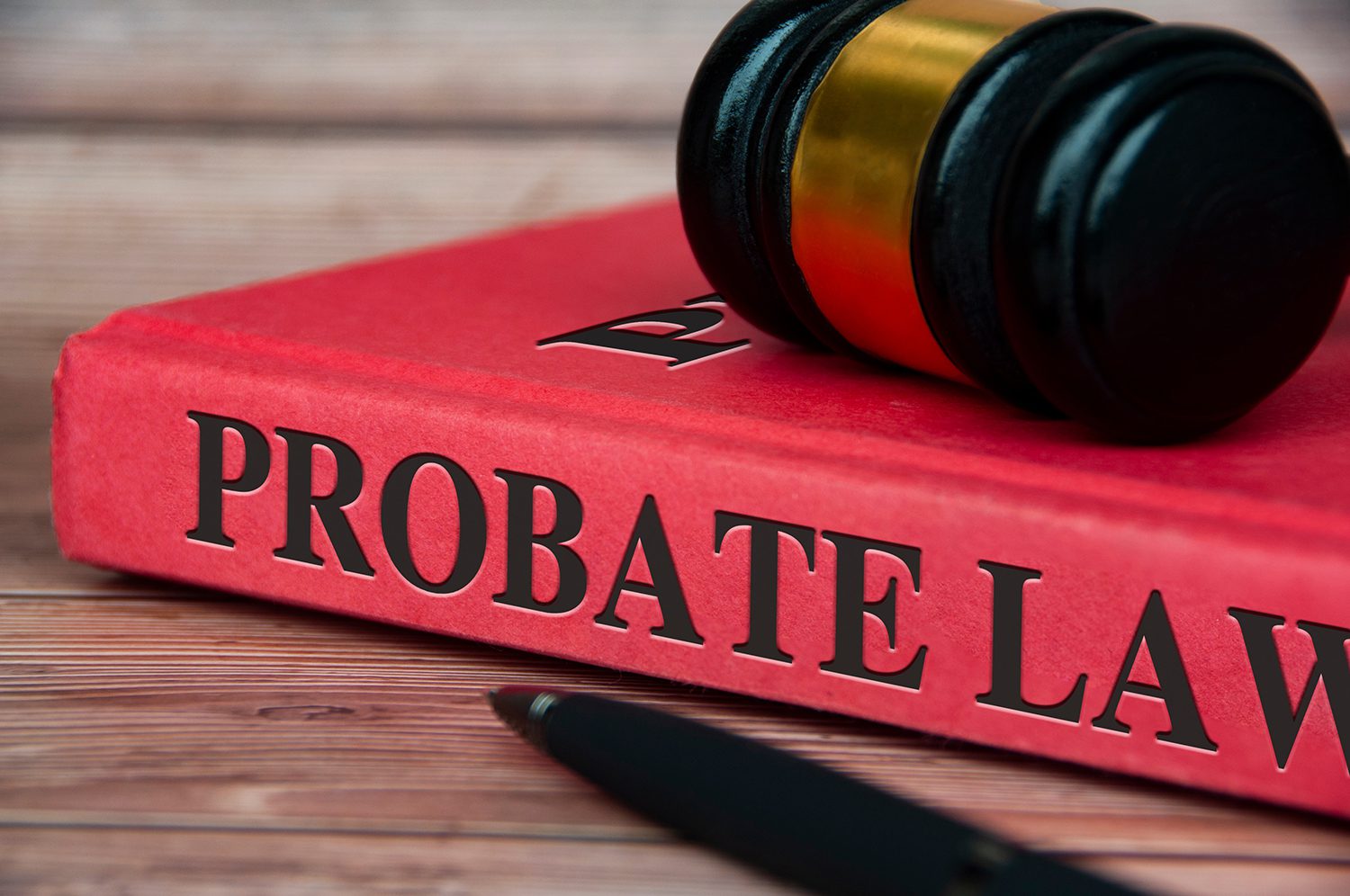How long does probate take without a will? This question is one of the first and most pressing that arises when a person passes away without leaving clear instructions for their estate. This is referred to as dying “intestate,” and through the laws of Intestacy, Pennsylvania has essentially written a Will for decedents in this situation. Despite this, depending on the familial situation, dying without a Will can cause complications for loved ones who survive you.
Understanding the factors influencing the intestacy process is essential for family members and interested parties to prepare for the legal steps ahead.
The Probate Process Without a Will: An Overview
Probate is the legal process through which a deceased person’s estate is managed and assets distributed. When there is no will, the probate process may become more complex. Typically, a Will names an Executor to take charge of the estate. The law of intestacy provides a pecking order in which certain family members can step up to serve as the estate administrator.
This can become problematic if multiple people have equal claims to serve as administrators and can’t agree among themselves. In these situations, the Orphans Court may need to oversee the appointment of the administrator. This is one of many instances where an estate may be complicated when someone passes without a Will.
Key Factors Influencing Probate Duration With Intestacy
The time it takes to probate an estate without a will can vary widely, depending on several important factors. Understanding what can slow down or expedite the process is crucial for family members navigating this complicated legal procedure. Below are the key elements influencing how long the probate process may take when no will is present.
1. The Size and Complexity of the Estate
The more complex an estate is, the longer probate may take, so the answer to “How long does probate take without a will?” varies. Estates with multiple properties, investments, and bank accounts will take more time to inventory and distribute than a more straightforward estate. If significant assets like personal property or life insurance policies are involved, they will also require proper evaluation and division, adding to the time of the legal process.
2. Appointing a Personal Representative
When someone dies without a will, one of the first steps is for the Register of Wills to appoint an administrator for the estate. This can take time, especially if family members disagree over who should take on this responsibility. Until someone is officially appointed, the process cannot move forward. Disputes over this appointment can lead to delays that extend the duration of the proceedings.
3. Resolving Debts and Claims
Another factor that affects how long administration takes is the need to resolve any outstanding debts of the deceased. Creditors have a legal right to claim debts from the estate, and this must be handled before any assets are distributed to heirs.
Let us help you!
The probate process ensures that all interested parties, including creditors, are notified and allowed to file claims. Suppose the estate is properly advertised according to probate rules. In that case, creditors generally have one year to file their claim against the estate, so the estate generally should not be closed until that time has elapsed.
4. Dealing with Family Disputes
When a person passes without a will, the distribution of assets can become contentious, especially among family members. While the laws of intestacy provide a method for determining who is to inherit from the intestate estate, disagreements over inheritance, accusations of unfair treatment, or disputes over specific property can slow down the process immensely. Interested parties may contest how assets should be divided, which requires legal proceedings to resolve and often prolongs the probate timeline and adds to the estate’s expenses.
So, How Long Does Probate Take Without a Will in PA?
In Pennsylvania, probate can vary greatly depending on the circumstances surrounding the estate. On average, the probate process can take anywhere from 12-18 months. Without a will, the process typically leans towards the longer side of that range if there are disputes among the family.
In cases where probate moves smoothly, with all assets clearly accounted for and no disputes, the process may be closer to 12 months. However, if legal challenges arise, such as disputes over asset distribution or creditor claims, it can take significantly longer.
How Are Non-Probate Assets Affected By Intestacy?
Some assets have a mechanism built into them that provides for how they pass when the owner passes. Examples of these types include jointly owned property and assets that have named beneficiaries. Because they pass outside the estate, they are generally unaffected by intestacy.
Find Expert Help with May Herr & Grosh
Understanding the effects of passing without a will can help family members prepare for what to expect. The process is already emotionally challenging for surviving family members. However, with proper legal support, many hurdles can be managed more efficiently, easing the burden on all involved.
If you are facing the probate process without a will, having an experienced legal team is crucial. At May Herr & Grosh, our team understands the intricacies of probate and estate planning, helping families navigate this often stressful time with care and expertise. Contact us today to learn more about how we can assist you in ensuring the probate process moves forward as smoothly and efficiently as possible.



